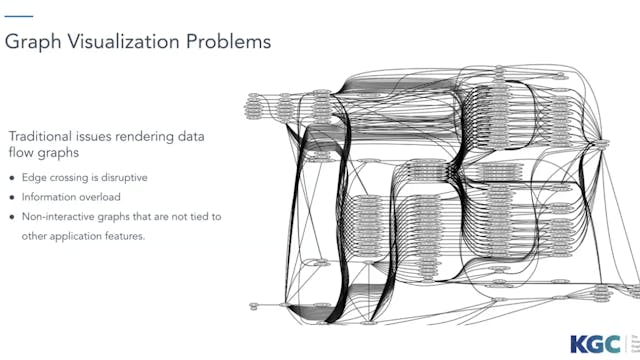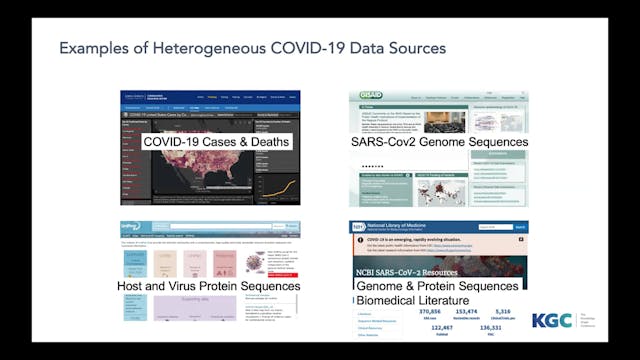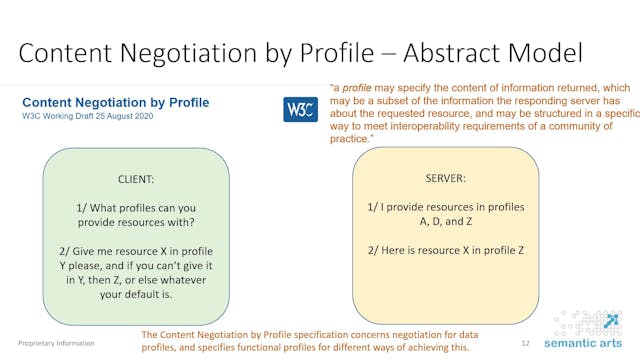Paolo Manghi | The OpenAIRE Research Graph: Science As A Public Good
KGC | The Complete Collection
•
18m
The presentation will introduce the motivations, architecture, and operation of the OpenAIRE Research Graph (http://graph.openaire.eu), one of the largest (if not the largest) public, open access, collections of metadata and semantic links (~1Bi) between research-related entities: articles (124M+), datasets (14Mi+), software (200K+), and other research products (8Mi+) and entities like organizations, funders (~25), funding streams, projects (3.5Mi+), research communities (7), and data sources (14K+). The Graph delivers to researchers, funders, communities, publishers, citizens, and SMEs/enterprises an up-to-date, global map of science across countries and disciplines, which is open and transparent, to be used to boost science and innovation. Its metadata and links are either collected (“harvested”) from 14K+ data sources (e.g., institutional/data/software repositories, publishers, registries) or inferred via full-text mining an ever-increasing collection of articles, counting today 14Mi+ objects. Conceived as a public and transparent good, populated out of data sources trusted by scientists, the OpenAIRE Research Graph aims at bringing discovery, monitoring, and assessment of science back in the hands of the scientific community and society at large. The Graph can be freely accessed via the OpenAIRE EXPLORE portal (http://explore.openaire.eu) and CONNECT portals for communities (http://connect.openaire.eu), via the PROVIDE APIs (http://provide.openaire.eu), or via data dumps made available via a dedicated community in Zenodo.org (https://zenodo.org/communities/openaire-research-graph). Its APIs count today 2Bi accesses per year, via OpenAIRE portals and as third-party services requests. Scopus, ScieVal, AMC, Springer Nature, the EC Participant Portal rely today on the service, as well as researchers and other companies and scholarly services worldwide, such as institutional repositories, aggregators, etc.
Up Next in KGC | The Complete Collection
-
Peter Hicks | Visualizing Data Lineage
Extracting metadata from data pipelines and building useful graphs for real production environments.
-
Peter Rose | Integrating Heterogeneou...
The COVID-19 pandemic has mobilized researchers worldwide to investigate many aspects of the outbreak, ranging from case statistics, patient demographics, transportation modeling, epidemiological studies, to viral genome sequencing. Relevant data are produced and publically shared at an unprecede...
-
Peter Winstanley & Boris Pelakh | W3C...
This presentation will introduce and detail the current work of the W3C Dataset Exchange Working Group, including detail of the developments in the DCAT (Data Catalog) vocabulary and the proposal for content negotiation by profile (ConnegP) which is being developed by the working group in conjunc...



